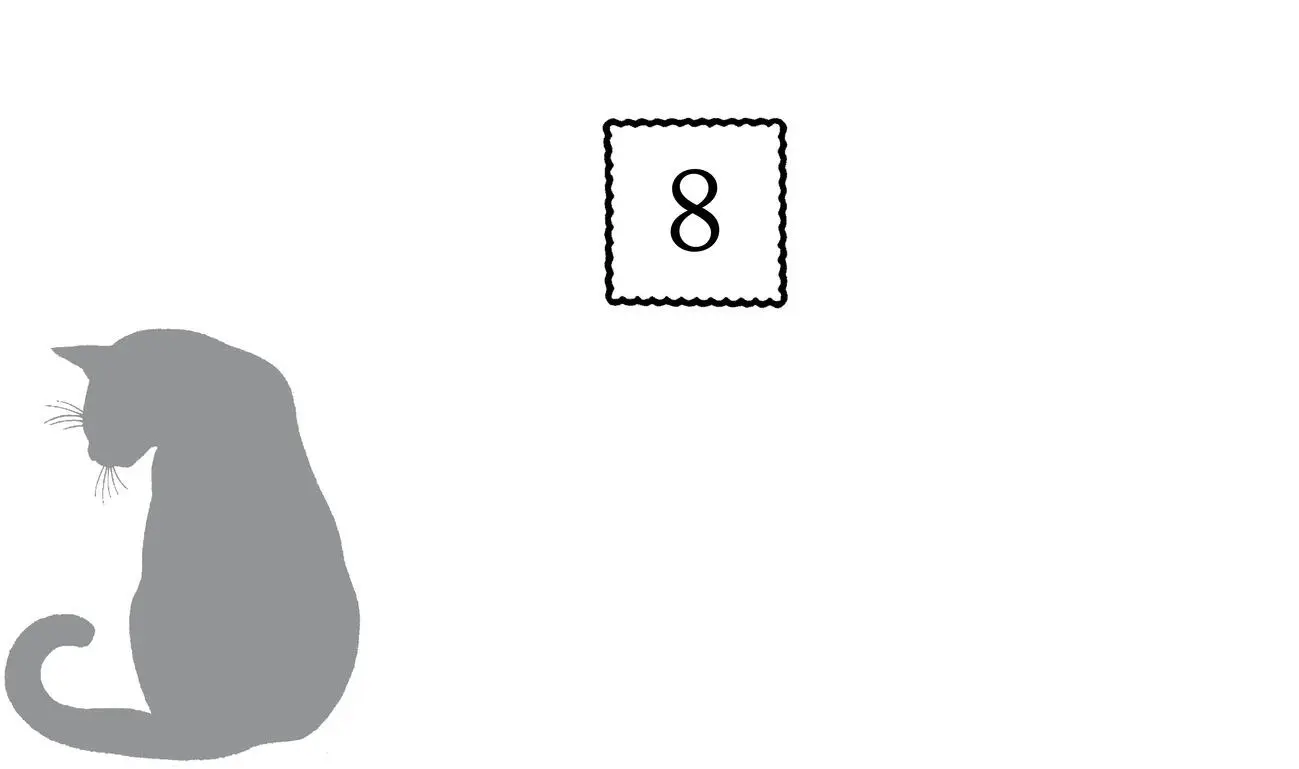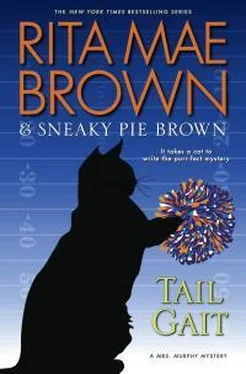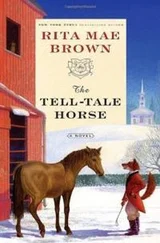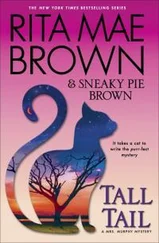“My father allowed me a tutor when I was young, before he sent me off to Harrow.”
“Your pictures are true to life. If you would draw one of me, I would send it to my mother.”
“I haven’t many materials, but if you could bring me some good paper, pencils, and perhaps even paints, yes, I could do it.”
Schuyler hedged a bit. “No telling when mails will arrive from England, Scotland, or Hesse. I’m sure your father will send money and the enlisted men, perhaps a bit.”
Charles smiled. “Ah, Sir, my father is a baron, but he is not a wealthy man. He won’t be sending me anything. Perhaps you would make me a loan against my pistol, which you could give me, after I’m released, of course.”
Schuyler smiled in return. “I will purchase supplies, and I will keep your pistol. For a poor fellow, this is a fine weapon.”
“Indeed it is. Our harvests had been bad, and even though my father owns large acreages, the bills outrun the means to pay them.”
“Perhaps when you are exchanged, you will return home and amend that situation.”
“I’m a younger son.”
“Ah!” Schuyler simply replied. He knew, given England’s laws of primogeniture, that this young, energetic man would inherit little, if anything at all.
However, West remained ever motivated. “But if you bring me paper and drawing charcoal or pencils, I will gladly draw you. When your mother receives your portrait, she will feel you are in the room.”
The young captain’s eyes flickered. He greatly loved his mother. “I’ll see to the straw.”

April 15, 2015
Just west of Farmington Country Club on Route 250, on the north side of the road, Ivy Nurseries was doing a robust business. The beautiful day drew in everyone who wanted to try new plantings. On such a day, everyone thinks they can garden.
Over the holidays, Susan Tucker often filled in at the nursery. Formerly, she worked full-time, but as Ned’s career took up more time and energy for both partners, Susan had cut back on her work hours. Both she and Ned realized that public service, not an easy road, was surely an exciting and expensive one.
Susan and Harry strolled through rows of boxwoods. “They have English boxwoods,” said Susan. Two lovely rows of old, tight English boxwoods lined the McConnell driveway just down the road at Ednam Forest. This well-established high-end development was exceeded in desirability only by Farmington Country Club, itself on the west end, and the up-and-coming Keswick Club on the east.
Three things were necessary to live in any of these places: money, affability, and taste. Naturally, the taste was always questionable. What one person finds beautiful, another finds too tried and true, which means everyone else does it.
“Why don’t we try two dwarf crepe myrtles?” suggested Susan. “If we get them in now, they’ll bloom mid-July, provide a bright note. Trudy likes color.”
Harry walked with Susan to where the bushes were in pots, ready to go. “You never suggested dwarf crepe myrtles to me.”
“You have enough to take care of: the quarter acre of grapes, the sunflowers, the corn. You don’t have time to garden, and I don’t have time to do it for you.”
“Depresses me,” grumbled Harry.
“Why?”
“Her gardens meant so much to my mother.”
“Harry, your mother didn’t have as much to do as you do.”
As they bickered over what color to purchase, Olivia Gaston, the older daughter of Ginger and Trudy McConnell, came into view across the lot. As she meandered—a stop here, a stop there—Harry spotted her first. “Let’s ask Olivia.”
They greeted her.
“I had to get away,” Olivia explained. “I couldn’t take one more guest. Rennie is with Mom. I don’t know how she does it.”
Rennie, Renata, was Olivia’s younger sister.
“She’s outgoing,” Susan said. “All the visitors don’t make her tired. You’re more sensible.”
Olivia smiled. “How diplomatic.”
“I’m so sorry about your father,” Harry said sincerely.
“Thank you.”
Susan reassuringly touched Olivia’s arm. “You’ve heard from so many people. It’s got to be overwhelming, which is why we’re here.”
“Here?”
“We wanted to plant two dwarf crepe myrtles for your mother. They’ll bloom in mid-summer, giving color at an off time, just before the zinnias and mums take off.”
“What a good idea!” said Olivia. “Well, I’ll buy two, one from Rennie and one from me, so we can sort of mass them, you know?” When Olivia smiled, it was her father’s generous smile.
“What color should we get your mother?” asked Susan.
“She will like the hot pink. If she could, she’d wear hot pink to the funeral. I think I’m awash in beige because of her. You know how, when you’re young, you swear you’ll never grow up to be like your mother?”
“We know,” both women said in unison.
“Let me go fetch Nathan,” said Susan, naming the man in charge of moving larger plants and trees.
Harry and Olivia waited, observing the springtime planters: sniffing this, buying that.
“Is that Elizabeth Taliaferro?” Olivia inquired. “I haven’t seen her in years. Well, that’s what happens when you move away. She’s held up rather well. Let her hair go gray. Looks good.” She lowered her voice. “Daddy so loved my strawberry-blonde hair that I colored it just for him. I suppose I always will color my hair even if I look ridiculous. And I suppose my husband is accustomed to it.”
“Olivia, you could never look ridiculous,” Harry complimented her.
They purchased the four crepe myrtles, and Nathan loaded them onto Harry’s truck. The three women leaned against the truck for a moment.
“Olivia, we’ll come by tomorrow to plant them. What, say noon? You pick the spot.”
“I wish we could do it now! Mother will be happy. However, I don’t know where she keeps the gardening tools. So doing it tomorrow instead will give me a little time to get things together. Actually, once Mom reached eighty, she hired a gardener. That was my first clue that Mom and Dad are, were, growing old.” Olivia’s eyes misted. “You never really think these things will happen, and now this.”
“It’s a terrible shock,” Susan consoled her.
Olivia looked at Harry. “The sheriff and your neighbor came by. They asked a lot of questions. They must, I suppose. One that took me by surprise is that they asked about Frank Cresey. I haven’t thought about him for decades. Oh, I was so in love with him when I was eighteen! He made All-American…1975? Yes, it was ’75, and Dad broke it up. Wouldn’t let me see him. Dad actually told the coach of the football team to give Frank an ultimatum. If he kept trying to contact me, he’d be off the team. The coach demurred, but Dad insisted and finally got his way, I suppose, because Frank never contacted me again. And I learned that football was more important for Frank than I was. Thank God, Dad did break it up. I’d have never been happy.”
“Once a UVA player, always.” Susan smiled. “That’s what Ned says, but remember Ned treads carefully. He’s William and Mary, but heard that teammates tried to help Frank over the years. Once a Wahoo, forever a Wahoo,” she said, using UVA’s nickname. “After all, Frank was an All-American. The older players established by the time of Frank’s glory especially tried. Gave him a job when he was down on his luck. Stuff like that.”
“What did happen to him?” asked Olivia. “Mom said he failed at business. At everything. He wrote Dad hateful letters. I didn’t know any of this until the nineties. Mom said Frank’s marriage blew up. He blamed Dad, always blamed Dad.”
Читать дальше













